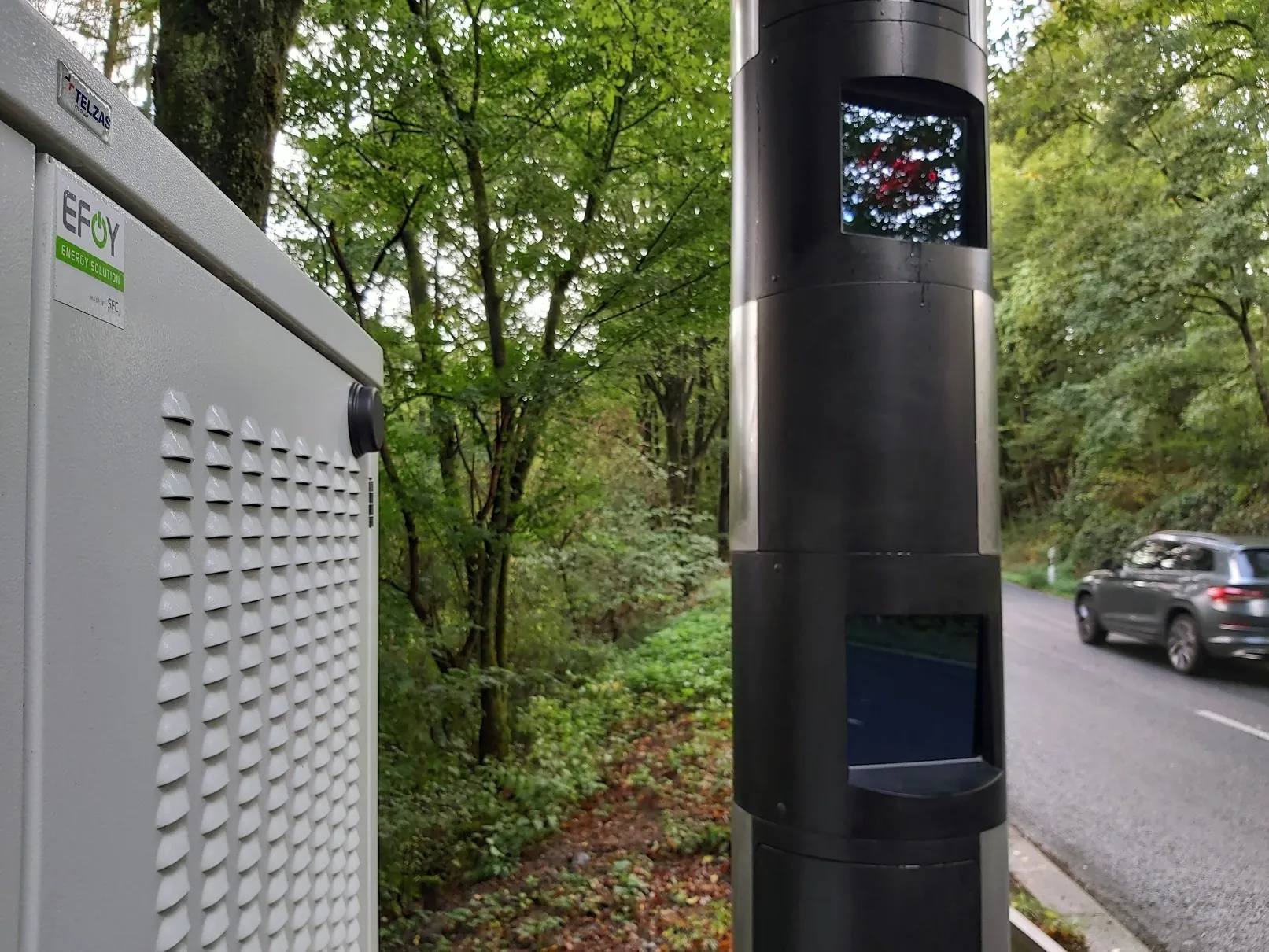BYD, manufacturer of the first long-range (300+ km), all-electric bus has been selected as the sole eBus provider for the 2011 International Universiade Games which will be held in Shenzhen, China. The company will deliver over 300 eBus-12 units by this coming August. After the Universiade Games, they will be will be incorporated into Shenzhen’s city bus fleet, creating the largest all-electric bus fleet in the world.
April 25, 2012
Read time: 2 mins
RSSBYD, manufacturer of the first long-range (300+ km), all-electric bus has been selected as the sole eBus provider for the 2011 International Universiade Games which will be held in Shenzhen, China. The company will deliver over 300 eBus-12 units by this coming August. After the Universiade Games, they will be will be incorporated into Shenzhen’s city bus fleet, creating the largest all-electric bus fleet in the world.
The eBUS is the first pure electric bus designed and manufactured independently by BYD. At the core of its technology is BYD’s in-wheel motor drive system and the Iron Phosphate or “Fe” battery technology. Because the drive system requires no axel, the eBus floor can sit lower than any other bus, making it very rider-friendly. BYD claims the Fe battery boasts the highest safety, longest service life and most environmentally friendly rechargeable chemistry.
With these technologies, the BYD eBus achieves a “loaded bus” city driving range of over 250 km, only takes about half an hour to achieve a 50 per cent state-of-charge using BYD’s proprietary fast charging. The vehicle also integrates BYD solar panels on the bus roof, converting solar energy to electricity which is stored in the Fe batteries and can completely offset the eBus air-conditioning load, extending the range on sunny days.
The eBUS is the first pure electric bus designed and manufactured independently by BYD. At the core of its technology is BYD’s in-wheel motor drive system and the Iron Phosphate or “Fe” battery technology. Because the drive system requires no axel, the eBus floor can sit lower than any other bus, making it very rider-friendly. BYD claims the Fe battery boasts the highest safety, longest service life and most environmentally friendly rechargeable chemistry.
With these technologies, the BYD eBus achieves a “loaded bus” city driving range of over 250 km, only takes about half an hour to achieve a 50 per cent state-of-charge using BYD’s proprietary fast charging. The vehicle also integrates BYD solar panels on the bus roof, converting solar energy to electricity which is stored in the Fe batteries and can completely offset the eBus air-conditioning load, extending the range on sunny days.








